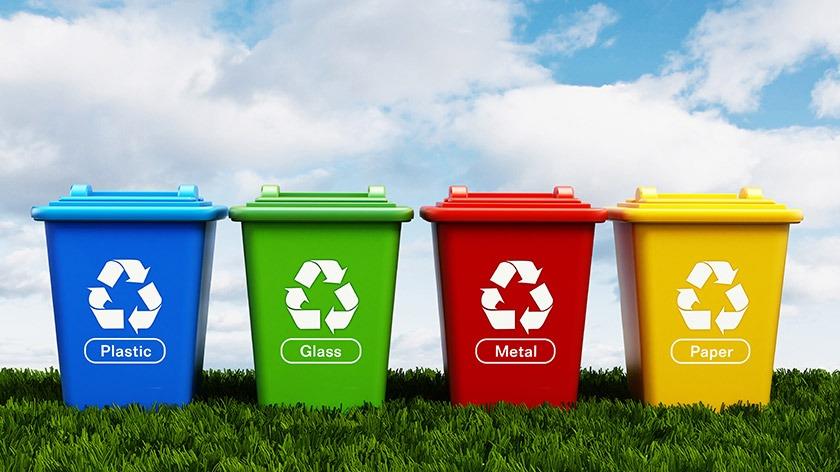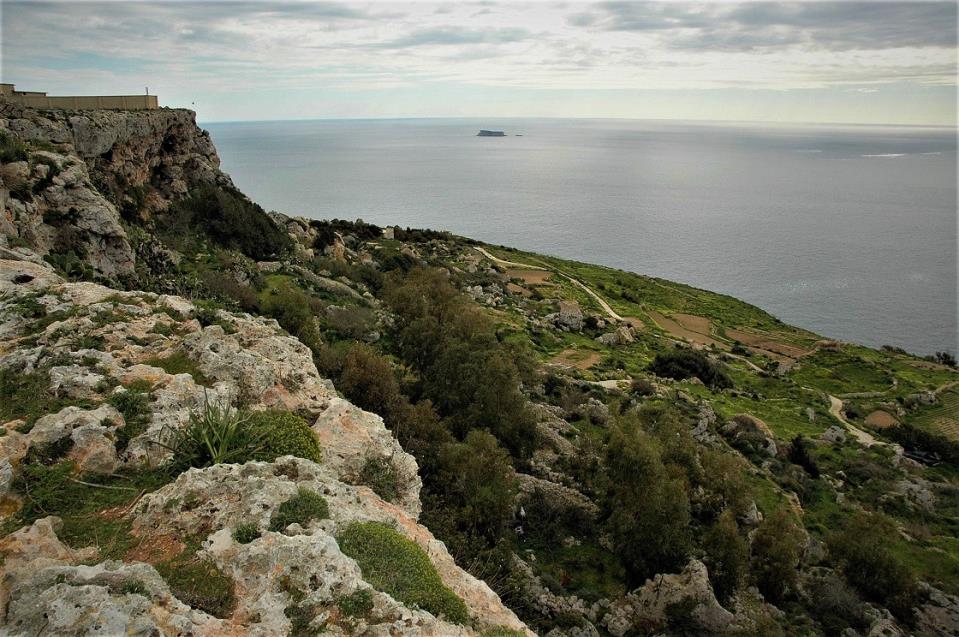Malta has ranked 52nd out of 60 destination in an expat survey assessing countries’ attention to the environment and sustainability, expat community InterNations has reported.
InterNations is the largest global community and a source of information for people who live and work abroad. It offers global and local networking and socialising, both online and face to face.
Last Wednesday, the community released a report on the Environment & Sustainability section of its Expat Insider 2020 survey and identified the best and worst countries for a sustainable life abroad. A sample size of at least 75 survey respondents per country was necessary for a country to be considered. In 2020, 60 destinations met this requirement, with more than 15,000 expats in total taking part in the survey, representing 173 nationalities and living in 181 countries or territories.
Survey participants were asked to rate their personal satisfaction with the following factors on a scale of one to seven: air quality, the natural environment, water and sanitation, the availability of green goods and services, energy supply, and the local waste management and recycling infrastructure. The rating factors also include their perception of how strongly the government supports policies to protect the environment and how interested the local population is when it comes to environmental issues.
The survey report reveals that Finland, Sweden, Norway, Austria, and Switzerland excel at offering a sustainable environment while India, Kuwait, Egypt, Indonesia, and Vietnam are rated the worst countries for the sustainable expat.

Only EU country in bottom 10
Malta, placing 52nd, makes part of the bottom 10 countries included in the survey. It is the only European country that forms part of the bottom 10 countries.
Malta performed poorly in every subcategory, with its weakest point being the Policies & People subcategory (55th); 67% of expats think that the Maltese government does not support policies to protect the environment (vs. 25% globally), with 24% even stating they do not agree at all (vs. 8% globally) – only Brazil (59th) and India (60th) perform even worse for this factor.
Additionally, 52% also believe that the local population is not very interested in environmental issues (vs. 30% globally). “It is a shame that they have not embraced environmental issues as much as they could. For example, wind farms and electric buses would be a good idea,” expressed one expat.
Malta also ranks in the bottom 10 for the Quality of Environment subcategory (51st), with 28% of respondents dissatisfied with the natural environment. This is 19% more than the global average (9%).
The subcategory Malta excels in is Products & Utilities but still only manages to come in at 46th place – four in nine expats (44%) are not satisfied with the availability of green goods and services (vs. 21% globally), and 40% are unhappy with the energy supply (vs. 18% globally). One expat marked the “lack of greenery, the air pollution, and the lack of environmentally friendly transportation options” as the worst part about living in Malta.
On a more positive note, Malta ranks highest in Waste Management and Recycling (32nd), with 61% of expats rating it favourably, about the same as the global average (60%).

Expats can provide fresh perspective on issues locals may not question anymore
The Malta Independent spoke with InterNations Founder and CEO Malte Zeeck to get a better understanding of the value that an expat’s perspective holds when it comes to the environment and sustainability.
Asked how an expat’s opinion differs from that of a local, Zeeck said that he does not think an expat’s and a local’s perspective on environment and sustainability are fundamentally different from their view on other topics, such as the local quality of life.
“On the one hand, local residents are often more familiar with the reasons for current conditions and long-term developments because they regularly follow local media and have a greater interest in local politics. On the other hand, an ‘outsider’s view’, so to speak, often provides a fresh perspective, whereas those who are overly familiar with some issues might develop a sort of tunnel vision and stop questioning why things aren’t done differently.”
He explained that expats can point out areas that a particular country is handling well or needs to improve. For example, in 2018, InterNations had a similar ranking on digital life abroad where Germany performed rather poorly (53rd out of 68 destinations).
“It’s not as if there hadn’t been any debate about digitisation in Germany before, but it was a bit of a shock – hopefully, in a good way – to see expats compare the lack of a digital infrastructure in local administration and bureaucracy to ‘living in the Stone Age’, compared to some other countries.”

This newsroom also asked about the weight that environment and sustainability hold for expats looking to move to another country.
Zeeck explained that one in twelve expats worldwide (8%) consider a better quality of life was the most important reason for moving to their current destination and for Malta, the figure is even higher. 18% of expats in Malta name this as a reason to move there, probably because of its beautiful scenery and Mediterranean climate.
The quality of the local environment is a factor that can influence the general quality of life of a particular country, even for those expats who are not personally that interested in sustainability.
“For instance, air quality (where Malta ranks 46th out of 60 destinations) can impact people’s personal well-being and make parents worry about their children’s health. In the long run, I think such factors could even influence people’s decision to move to a country in the first place or to return home early,” Zeeck explained.
He believes that in order to keep a destination attractive for expatriates, in order to attract qualified employees for certain industries for example, a clean environment and a sustainable lifestyle will become more and more significant.
“Positioning a country or city as a great place to live needs to take the quality of the environment into consideration; and if there are any improvements, present and potential residents need to be informed about that too.”